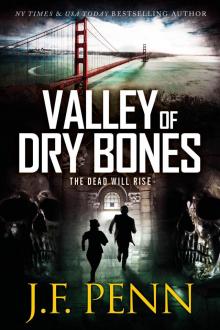 Valley of Dry Bones
Valley of Dry Bones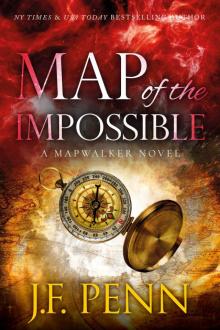 Map of the Impossible
Map of the Impossible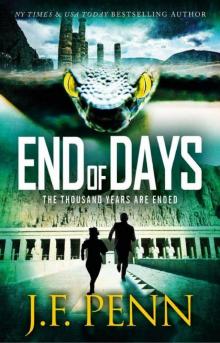 End of Days
End of Days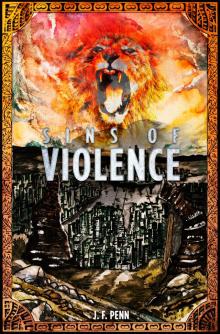 Sins of Violence
Sins of Violence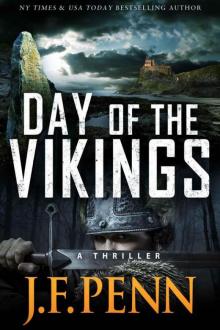 Day of the Vikings
Day of the Vikings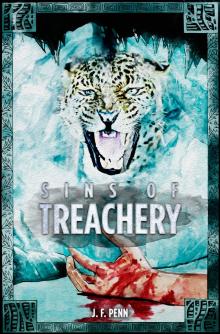 Sins of Treachery
Sins of Treachery A Mapwalker Trilogy
A Mapwalker Trilogy Desecration
Desecration Tree of Life
Tree of Life Gates of Hell
Gates of Hell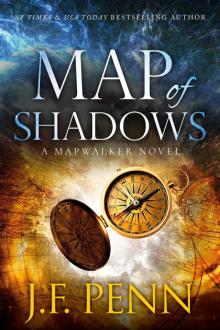 Map of Shadows
Map of Shadows Risen Gods
Risen Gods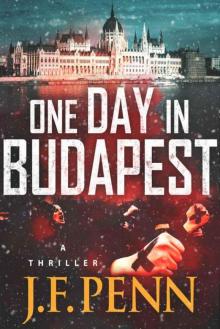 One Day In Budapest
One Day In Budapest Delirium (London Psychic)
Delirium (London Psychic)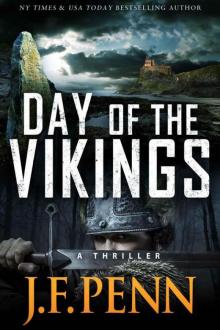 Day of the Vikings. A Thriller. (ARKANE)
Day of the Vikings. A Thriller. (ARKANE) Pentecost. An ARKANE Thriller (Book 1)
Pentecost. An ARKANE Thriller (Book 1) Deviance (The London Psychic Book 3)
Deviance (The London Psychic Book 3) Prophecy. An ARKANE thriller. (Book 2)
Prophecy. An ARKANE thriller. (Book 2)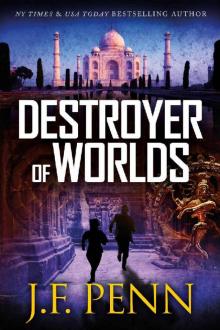 Destroyer of Worlds (ARKANE Book 8)
Destroyer of Worlds (ARKANE Book 8)